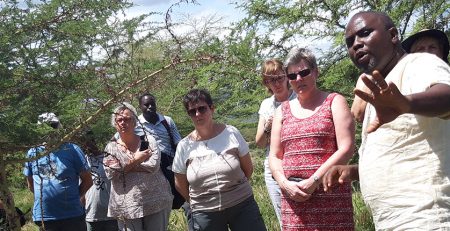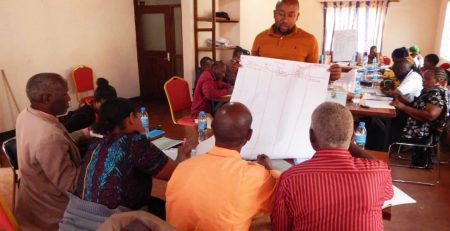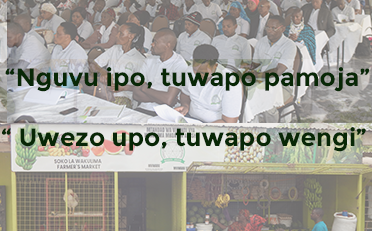Empowering Agriculture: The Rise of Farmer-Owned Sunflower Oil Processing Machines



In the heartlands of agricultural communities, a quiet revolution is taking place. Farmers, long the backbone of our societies, are stepping into a new realm of entrepreneurship by establishing farmer-owned sunflower oil processing machines. This innovative initiative transforms the way agricultural products are processed and empowers local farmers, fostering economic sustainability and community resilience.
The journey begins in the sun-kissed fields where farmers diligently cultivate sunflowers, tapping into nature’s bountiful resources. Traditionally, these sunflower seeds would be sold to distant processing facilities, leaving farmers at the mercy of fluctuating market prices and distant middlemen. However, the landscape is evolving as farmers unite to reclaim control over their produce.
The concept of farmer-owned processing machines is simple yet profound. Instead of relying on external entities, farmers pool their resources to invest in a communal processing facility. This facility, equipped with state-of-the-art machinery, enables farmers to transform raw sunflower seeds into high-quality oil on-site. By eliminating intermediaries, farmers retain a larger share of the profits, bolstering their economic stability.
Thanks to MVIWAARUSHA under the FORI project and with the support of WEEFFECT, AGRICORD, ACP and TARI for making this vision realized for the farmers.
One of the primary benefits of farmer-owned processing machines is the empowerment of local communities. These machines serve as hubs of collaboration, bringing farmers together to share knowledge, resources, and experiences. Through collective ownership, farmers strengthen their bargaining power in the market, ensuring fair compensation for their labour. Moreover, the establishment of processing facilities creates employment opportunities within rural areas, stemming the tide of urban migration.
Furthermore, farmer-owned processing machines promote sustainability and environmental stewardship. By processing sunflower seeds locally, farmers reduce the carbon footprint associated with transportation and processing. Additionally, these facilities can implement eco-friendly practices, such as utilizing renewable energy sources and minimizing waste generation. As custodians of the land, farmers recognize the importance of preserving natural resources for future generations.
The impact of farmer-owned processing machines extends beyond economic and environmental realms; it also fosters social cohesion and community development. As farmers collaborate on shared ventures, bonds of trust and solidarity are forged, strengthening the fabric of rural societies. Moreover, the establishment of processing facilities encourages knowledge exchange and skill development, empowering farmers with the tools to navigate an ever-changing agricultural landscape.
However, the journey towards farmer-owned processing machines is not without its challenges. Initial investments in machinery and infrastructure may require substantial capital, necessitating support from government agencies, NGOs, or financial institutions. Additionally, farmers must navigate regulatory frameworks and bureaucratic hurdles to ensure compliance with food safety standards and quality control measures.
Despite these obstacles, the momentum behind farmer-owned processing machines continues to grow, fueled by the collective determination of farmers to control their destinies. As more communities embrace this model, the ripple effects are felt far and wide, transforming not only agricultural practices but also societal perceptions of rural development.
In conclusion, the establishment of farmer-owned sunflower oil processing machines heralds a new era of empowerment and sustainability in agriculture. By reclaiming control over the production process, farmers secure their livelihoods, preserve the environment, and strengthen the social fabric of their communities. As we look towards the future, let us celebrate the ingenuity and resilience of farmers who are pioneering change from the ground up.





Leave a Reply